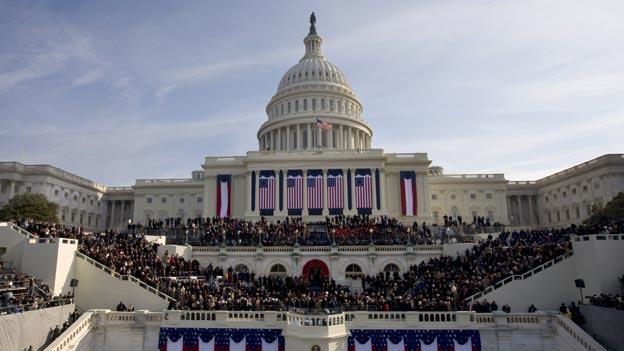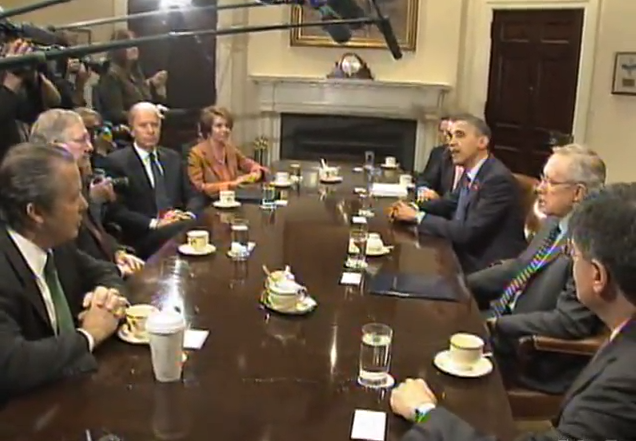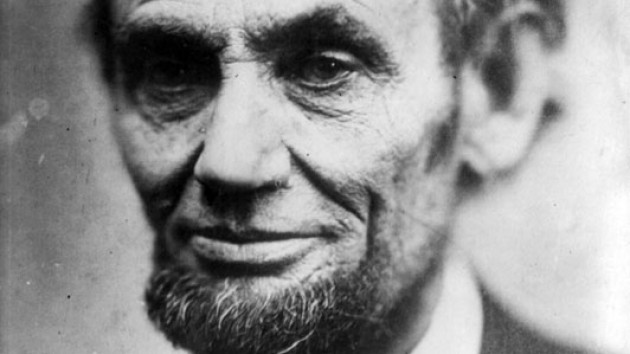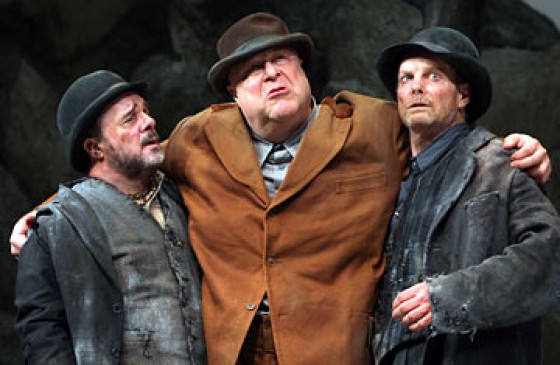 Polar Bears can rejoice; the world is still trying to come to their rescue. The meme that was projected by Al Gore’s alarmist documentary An Inconvenient Truth was that the arctic ice packs were diminishing at such an accelerated rate that polar bears were finding themselves abandoned on diminishing ice flows, starving and ultimately threatened with extinction. It was a heart tugging image that has grown to represent the need for major world action to stall or delay warming by converting modern society in regard to distribution of resources and energy use. The world did meet and determine aggressive action was necessary. In 1997 over a hundred countries signed the Kyoto Protocols pleging the first world economies to self induced wrenching change in the use of energy and created a potential spectacular carbon tax process to appropriately ‘educate’ the miscreants. It positioned the world for a complete change in economic process and decision making and the concept of globalist leadership under the guidance of the United Nations and enlightened politicians like Al Gore seemed to be a inevitable outcome. The science was termed ” indisputable”, “a consensus”, and ” undeniable” and the few sceptics still left were considered heretical, neanderthal, dangerous, and were collectively labelled Global Warming Deniers.
Polar Bears can rejoice; the world is still trying to come to their rescue. The meme that was projected by Al Gore’s alarmist documentary An Inconvenient Truth was that the arctic ice packs were diminishing at such an accelerated rate that polar bears were finding themselves abandoned on diminishing ice flows, starving and ultimately threatened with extinction. It was a heart tugging image that has grown to represent the need for major world action to stall or delay warming by converting modern society in regard to distribution of resources and energy use. The world did meet and determine aggressive action was necessary. In 1997 over a hundred countries signed the Kyoto Protocols pleging the first world economies to self induced wrenching change in the use of energy and created a potential spectacular carbon tax process to appropriately ‘educate’ the miscreants. It positioned the world for a complete change in economic process and decision making and the concept of globalist leadership under the guidance of the United Nations and enlightened politicians like Al Gore seemed to be a inevitable outcome. The science was termed ” indisputable”, “a consensus”, and ” undeniable” and the few sceptics still left were considered heretical, neanderthal, dangerous, and were collectively labelled Global Warming Deniers.
Then, a funny thing happened. For whatever reason, the earth determined to cool over the last 15 years rather than warm, playing havoc with the idea that increases in carbon dioxide, the naturally occurring gas critical for all plant life, should drive increasing temperatures. Computer models that drove the science’s undeniable conclusions were found to have the fatal flaw of manipulated information and insider fixes to maintain the “consensus” in the face of increasingly contrarian data. The number one outcast, the United States of America, whose Senate embarrassed then Vice President Gore with a 95-0 rejection of the Kyoto treaty, and was deemed that greatest contributor to global warming, turned out to reduce its carbon emissions more dramatically then any Kyoto signee, by paradoxically finding huge new sources of carbon fuel in the form of natural gas. Science, so conveniently pigeon holed by those who wished to ‘control’ the message, unexpectedly showed larger influences of solar discharges and ocean currents on temperature than the man made influences projected by those infamous computer models. Even Kyoto believers were left to hedge their bets on their own countries participation, given the draconian effects on their economies, and minimal effects on their actual carbon emission production.
Suddenly, it has begun to look as if the true Deniers are those who continue to blindly accept global warming “truths” in the face of more and more science to the contrary. Denialism has become owned by the original zealots of global warming theory, who refuse to connect with the new reality as more and more is known about earth climate change and Man’s puny influence upon it.
So why should the polar bears rejoice? Because the modern Global Warming Denialist turns out to be after a much bigger goal than saving the planet. The modern Denialist wants the economic change of global warming scientology and the trillions that potentially will come with it to pay for all the social change they hope to make permanent. The President of the United States has become the Denier In Chief. President Obama declared in his second inaugural address that:
We, the people, still believe that our obligations as Americans are not just to ourselves, but to all posterity. We will respond to the threat of climate change, knowing that the failure to do so would betray our children and future generations.
Some may still deny the overwhelming judgment of science, but none can avoid the devastating impact of raging fires, and crippling drought, and more powerful storms. The path towards sustainable energy sources will be long and sometimes difficult. But American cannot resist this transition. We must lead it.
We cannot cede to other nations the technology that will power new jobs and new industries. We must claim its promise. That’s how we will maintain our economic vitality and our national treasure, our forests and waterways, our crop lands and snow capped peaks. That is how we will preserve our planet, commanded to our care by God. That’s what will lend meaning to the creed our fathers once declared.
The denialism suggesting that storms, drought, and fires – the elements of eternal damnation are raging and worsening flies in the face of all legitimacy, but being a denialist is not about being legitimate. To compare the resent rainfall reductions with the calamity of the 1930’s Dustbowl, the diminishingly infrequent Category 1 hurricanes compared to the monster storms of the first half of the last century, and the environmentalist’s efforts to reduce logging allowing for overgrowth and decay of forests now more susceptible to fire, doesn’t cross this denialist President’s mind. And now we find in the nomination process of the new Secretary of State Kerry, that in a world of great danger and diminishing American influence, he promises to be the Secretary of State for Climate Change. With far flung problems in the Islamic world, Russia’s new belligerence, China’s aggressive desire to shape Pacific economies into a Co-prosperity sphere more to their liking, the projected Secretary Kerry has found his calling in combating “life threatening issue” of climate change.
You might ask yourselves, what drives such denialism? As always – follow the money, follow the money, follow the money. The President seeks to complete the leftward lerch of the United States toward a more socialist foundation, and he is spending trillions to do it. Tax policy based on a country’s producers through leveraging their income can only take you so far. No, the Big Kahuna is in societal taxes, such as Value Added tax structures and the Carbon based tax invented by Gore. The theme goes like this – only through drastic means can we save the planet, and only a government will ever be able to decide if the planet has been “saved” enough. The radical agenda turns out to be denialism to the forces of realism and cumulative data, because the real money will come from globalist owning of economies.
This President and this Secretary of State will try to re-inforce the fantasy of progressive warming catastrophe so as to get their hands on the economic levers that will pay for all the other righteous processes they hope to make permanent. To save the Polar Bears, we are going to have to demolish our way of life and our freedoms, and those in charge will every thing in their power to help us get there.










